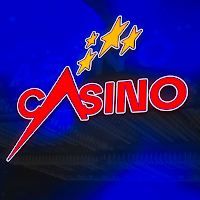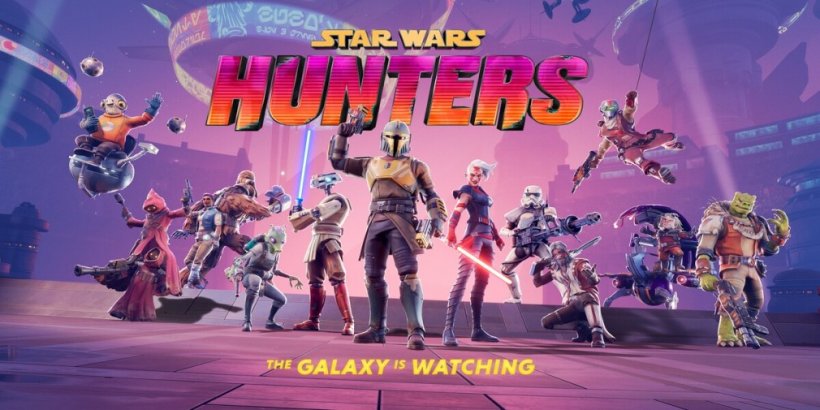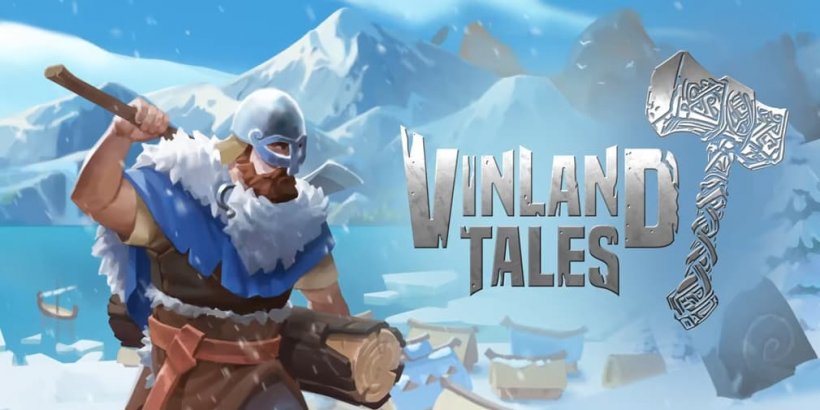The Pokémon Company successfully defended its intellectual property in a significant legal victory against Chinese companies accused of blatantly copying Pokémon characters and gameplay. The Shenzhen Intermediate People’s Court awarded the company $15 million in damages, a substantial portion of the initially requested $72.5 million. This follows a lawsuit filed in December 2021, targeting a mobile RPG, "Pokémon Monster Reissue," launched in 2015, for its striking similarities to the Pokémon franchise.
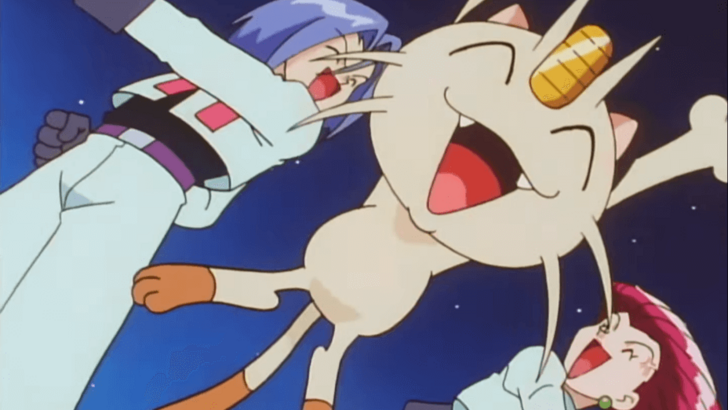
The game featured characters closely resembling Pikachu and Ash Ketchum, and mirrored the core turn-based battle and creature-collecting mechanics. While acknowledging the existence of other monster-catching games, The Pokémon Company argued that "Pokémon Monster Reissue" went beyond inspiration, constituting outright plagiarism. Evidence included the game's icon, mirroring Pokémon Yellow's Pikachu artwork, and advertisements featuring recognizable characters like Ash Ketchum, Pikachu, Oshawott, and Tepig. Gameplay footage further showcased characters like Rosa from Pokémon Black and White 2 and Charmander.

News of the lawsuit, initially seeking a cease-and-desist order and a public apology in addition to damages, broke in September 2022. While the final judgment was lower than the initial demand, the $15 million award underscores the legal consequences of copyright infringement. Three of the six sued companies have reportedly filed appeals.
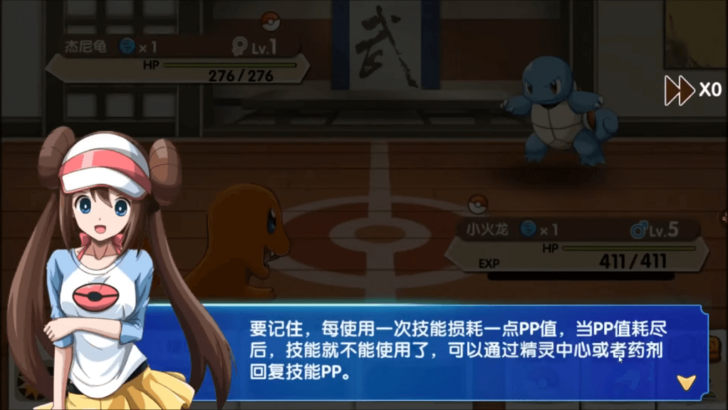
The Pokémon Company reiterated its commitment to protecting its intellectual property, ensuring fans worldwide can enjoy Pokémon content without infringement concerns. Former Chief Legal Officer Don McGowan clarified the company's approach to fan projects, stating that legal action is generally taken only when projects gain significant traction, often after securing funding through platforms like Kickstarter. He emphasized that the company prefers to avoid litigation against fans, primarily reacting to projects that gain substantial media attention or are personally discovered.
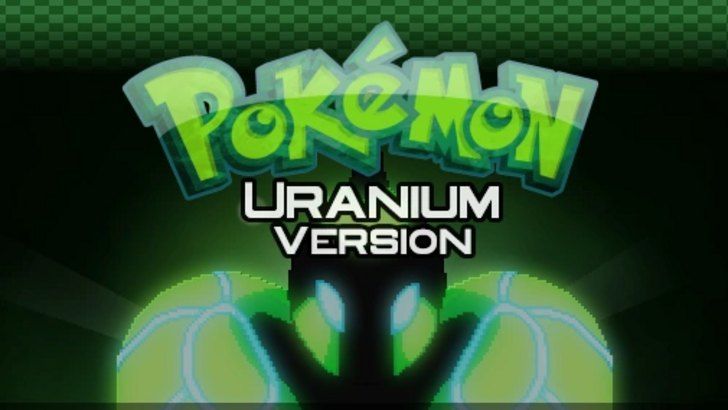
However, the company has acted against smaller fan projects in the past, including creation tools, games (like Pokémon Uranium), and viral videos featuring fan-made Pokémon content. This case highlights the balance The Pokémon Company seeks to maintain between protecting its IP and fostering fan creativity.
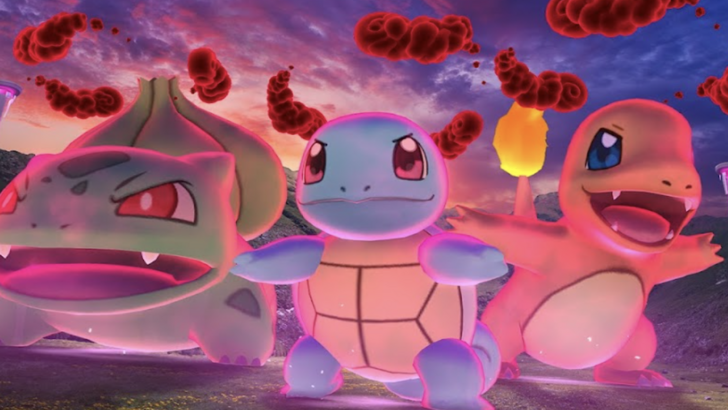
 Home
Home  Navigation
Navigation






 Latest Articles
Latest Articles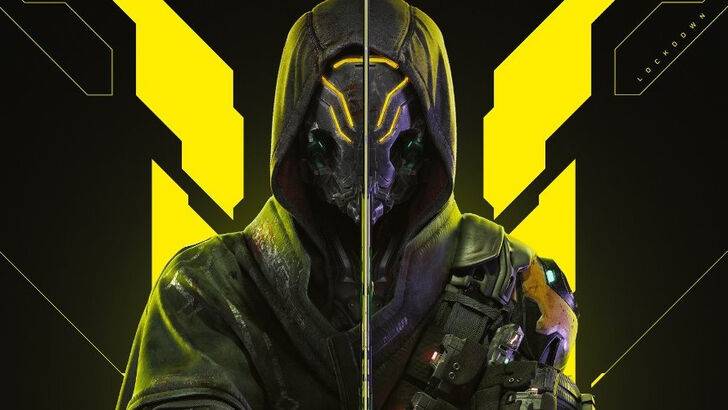
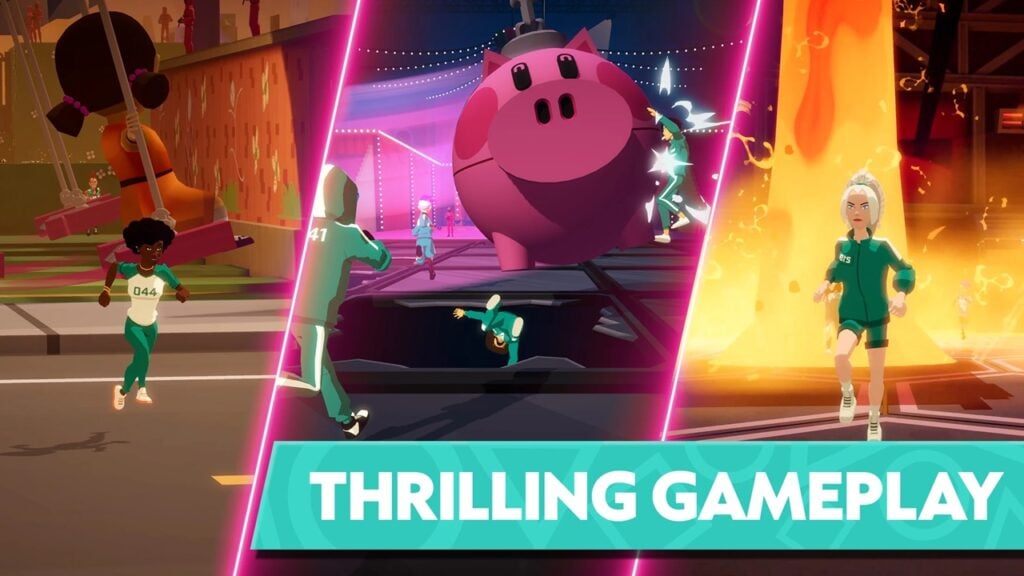
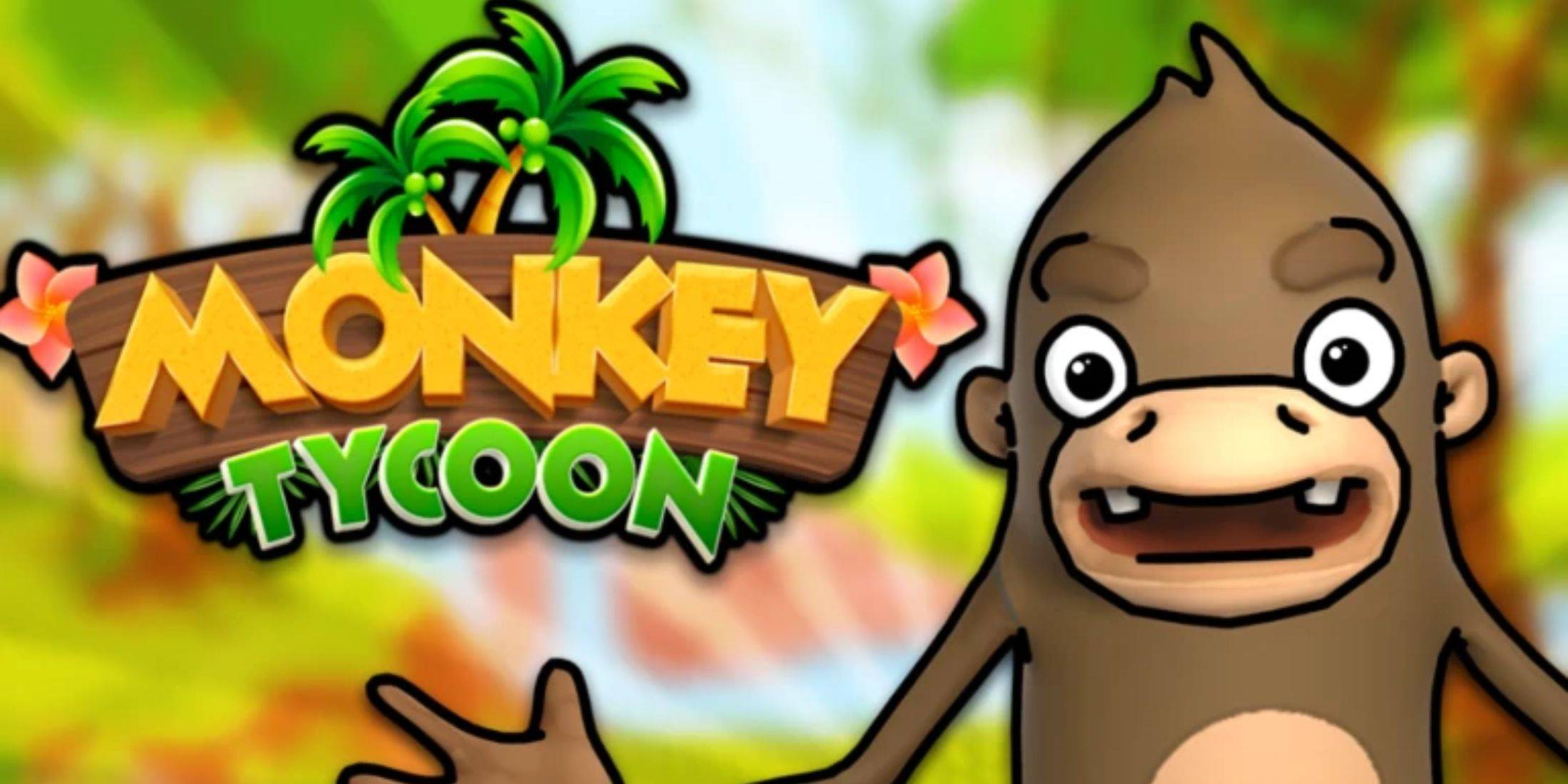








 Latest Games
Latest Games


